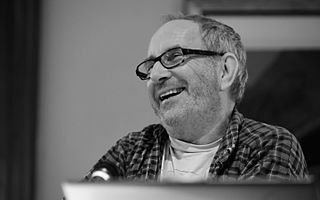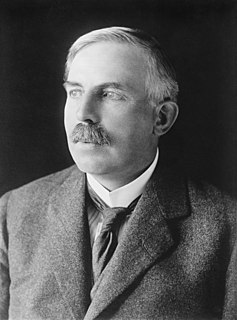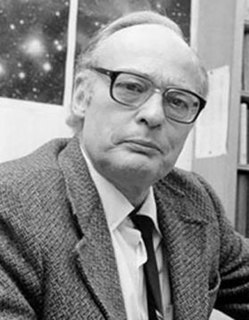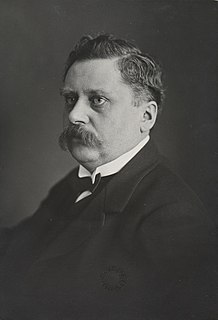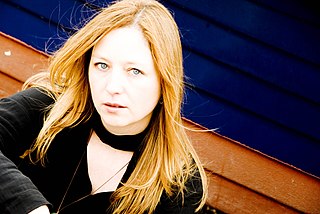A Quote by John Gribbin
In the world of the very small, where particle and wave aspects of reality are equally significant, things do not behave in any way that we can understand from our experience of the everyday world...all pictures are false, and there is no physical analogy we can make to understand what goes on inside atoms. Atoms behave like atoms, nothing else.
Related Quotes
From the results so far obtained it is difficult to avoid the conclusion that the long-range atoms arising from collision of alpha particles with nitrogen are not nitrogen atoms but probably atoms of hydrogen, or atoms of mass 2. If this be the case, we must conclude that the nitrogen atom is disintegrated under the intense forces developed in a close collision with a swift alpha particle, and that the hydrogen atom which is liberated formed a constituent part of the nitrogen nucleus.
The most startling result of Faraday's Law is perhaps this. If we accept the hypothesis that the elementary substances are composed of atoms, we cannot avoid concluding that electricity also, positive as well as negative, is divided into definite elementary portions, which behave like atoms of electricity.
If, in the very intense electric field in the neighbourhood of the cathode, the molecules of the gas are dissociated and are split up, not into the ordinary chemical atoms, but into these primordial atoms, which we shall for brevity call corpuscles; and if these corpuscles are charged with electricity and projected from the cathode by the electric field, they would behave exactly like the cathode rays.
The body is a fortuitous concourse of atoms. There is no death for the body, only an exchange of atoms. Their changing places and taking different forms is what we call 'death.' It's a process which restores the energy level in nature that has gone down. In reality, nothing is born and nothing is dead.
So if we're all quarks and electrons ..." he begins. What?" We could make love and it would be nothing more than quarks and electrons rubbing together." Better than that," I say. "Nothing really 'rubs together' in the microscopic world. Matter never really touches other matter, so we could make love without any of our atoms touching at all. Remember that electrons sit on the outside of atoms, repelling other electrons. So we could make love and actually repel each other at the same time.
When we contemplate the world of Epicurus, and conceive the universe to be a fortuitous jumble of atoms, there is nothing grand in this idea. The clashing of atoms by blind chance has nothing in it fit to raise our conceptions, or to elevate the mind. But the regular structure of a vast system of beings, produced by creating power, and governed by the best laws which perfect wisdom and goodness could contrive, is a spectacle which elevates the understanding, and fills the soul with devout admiration.
I love individuals. I think people are terrific as I meet and get to know them. I like imagination. I like the freedom that this society manages to parcel out to us in the midst of the rest of what they do to you. I also like thinking about the fact that the atoms in me are the same atoms that are in all the rest of the universe, and that every one of those atoms came from the middle of a star. In other words, it's only me out there.
